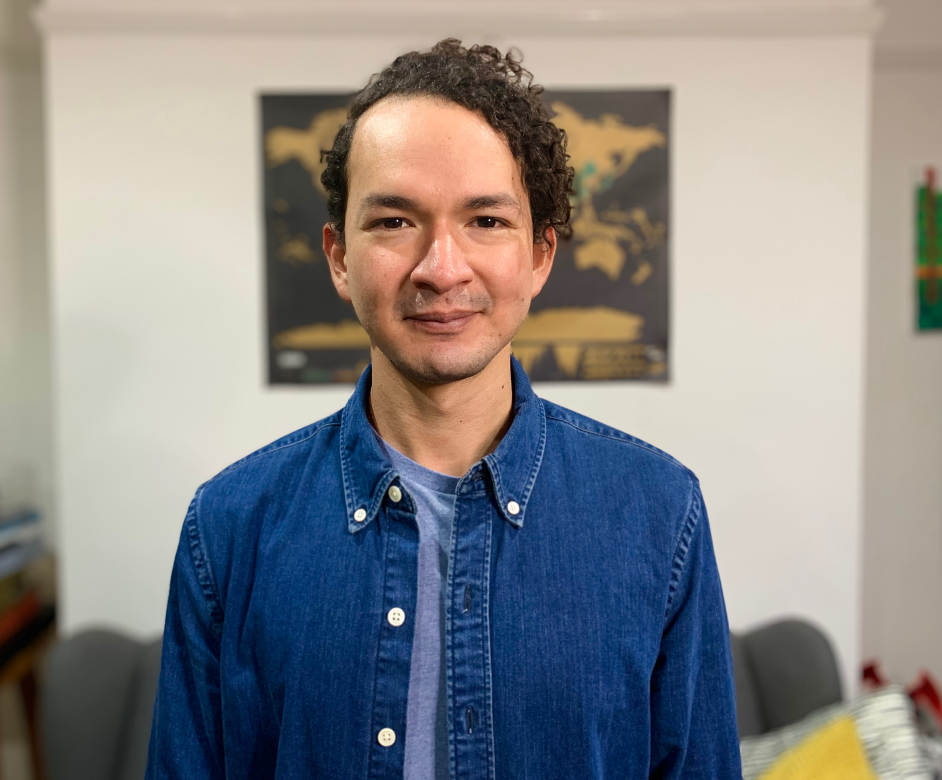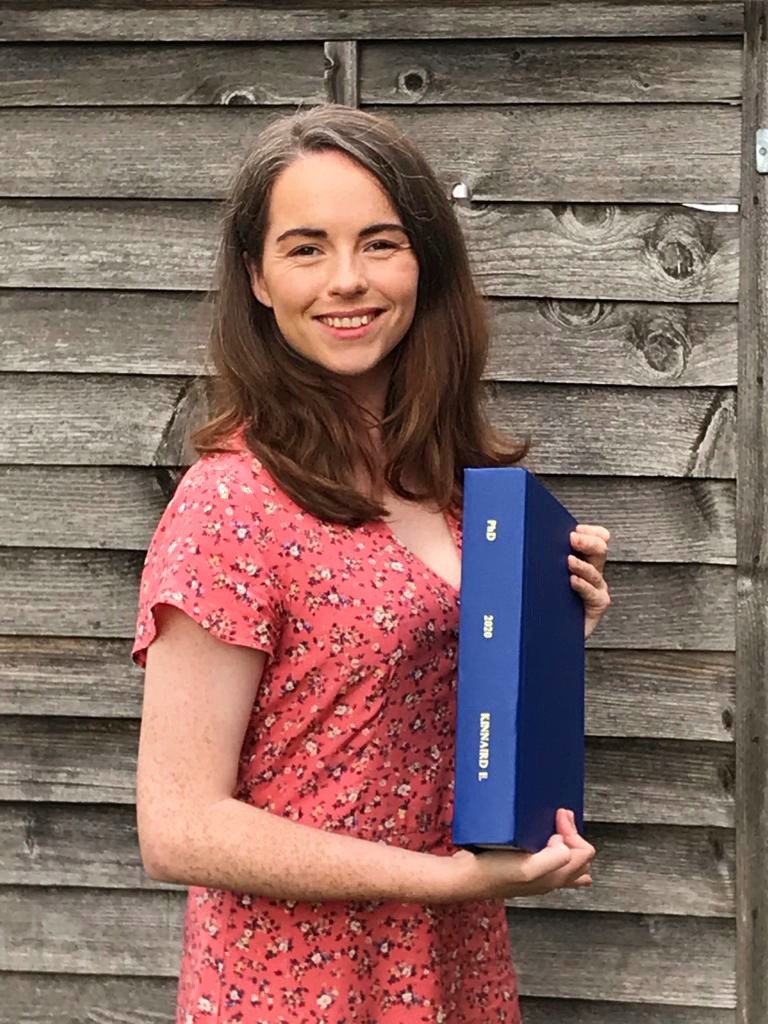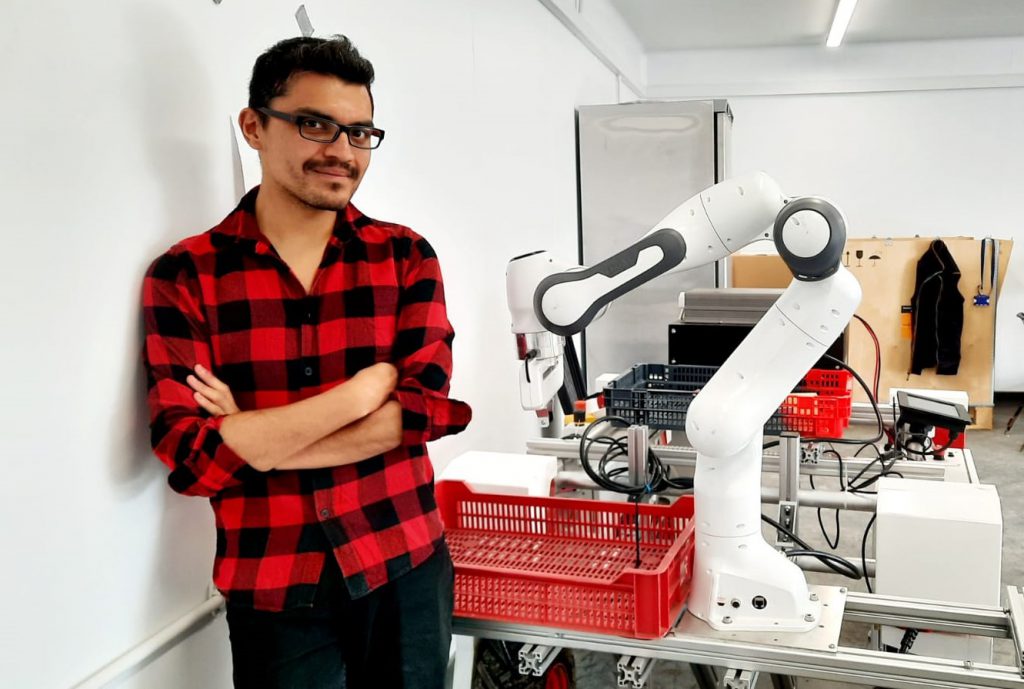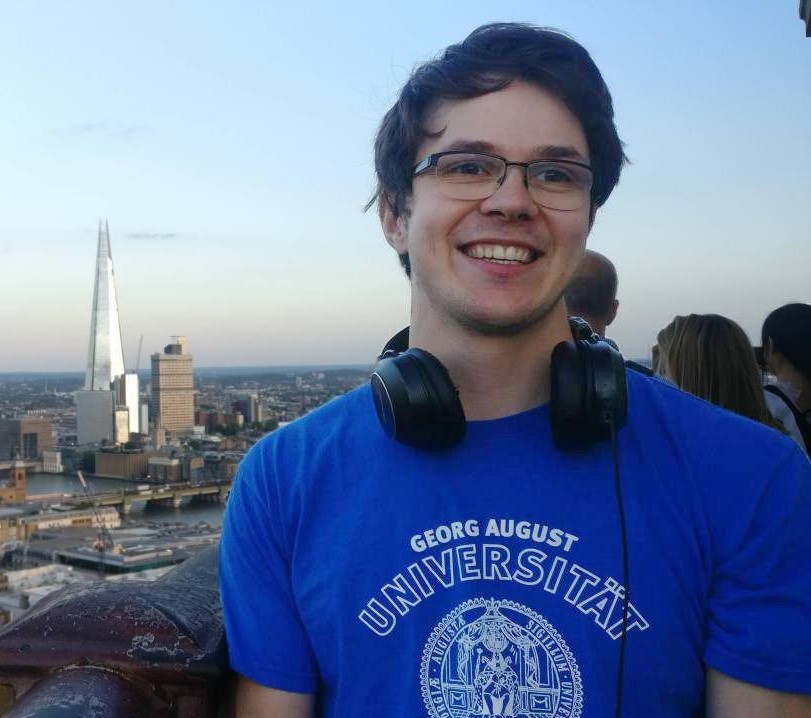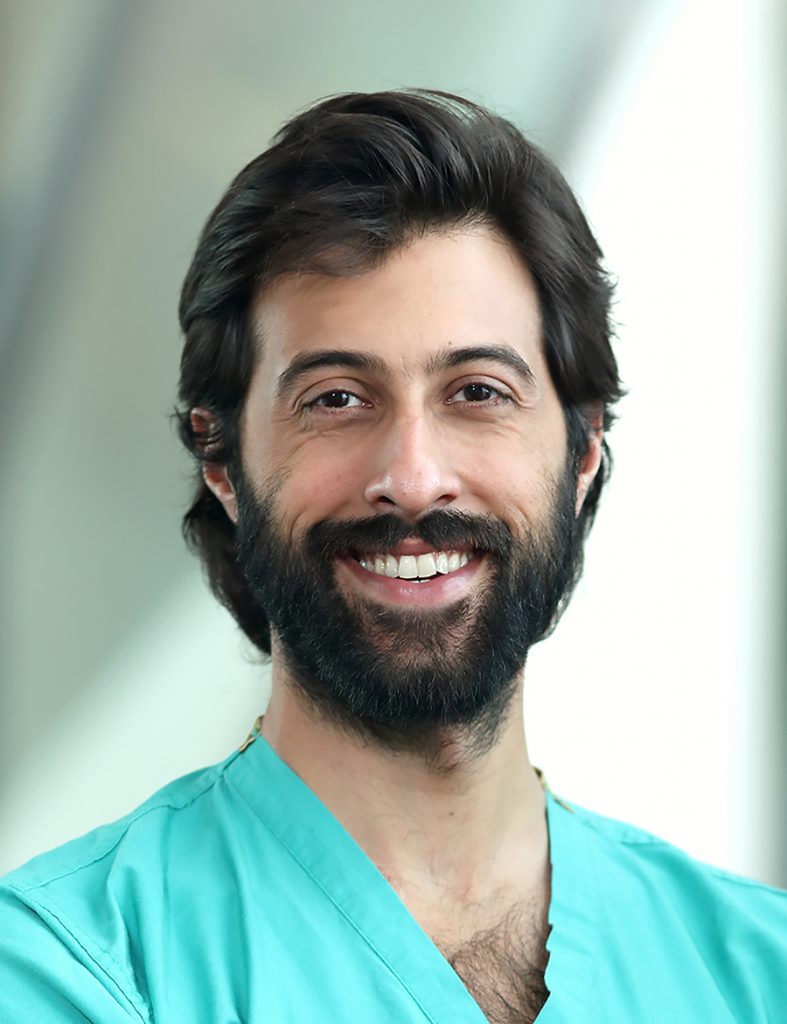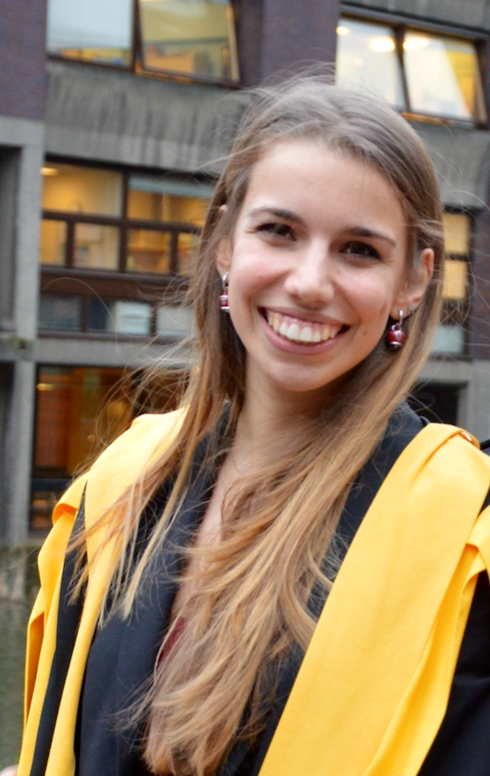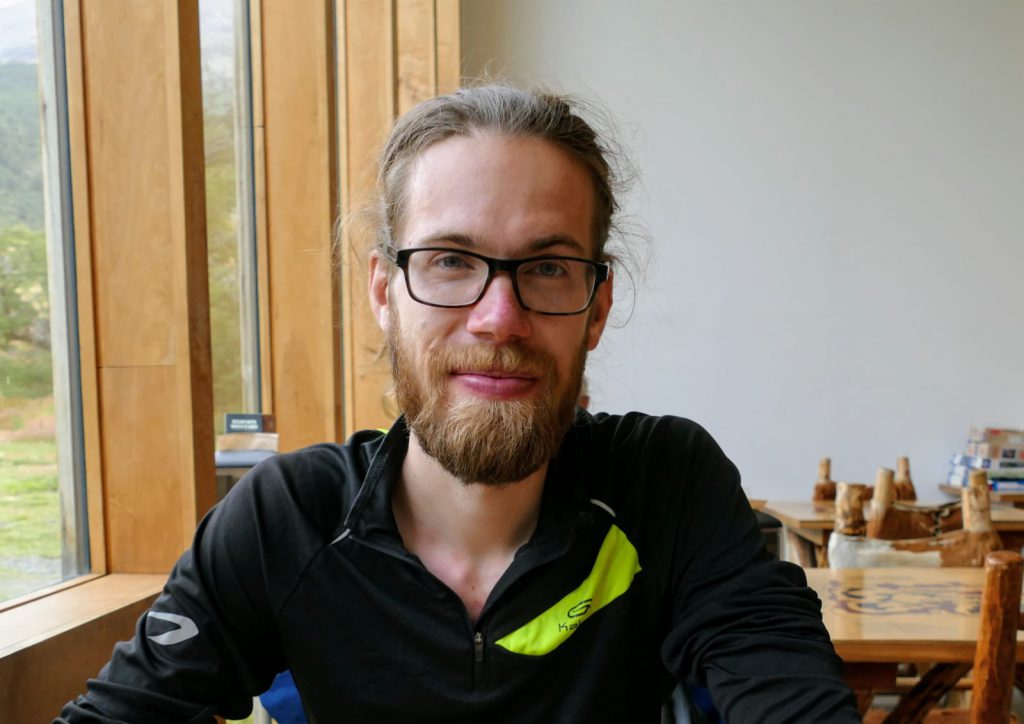Congratulations to all the winners of the 2021 King’s Outstanding Thesis Prize!
Twenty awards are given across the year to celebrate truly outstanding research and theses completed by King’s doctoral students. The prizes are nominated by the external examiners and are judged by a panel consisting of the College’s Director of Research Talent and the Chair of the Research Degrees Examinations Board.
We have an exceptional community of postgraduate researchers at King’s. Each year we recognise 20 of the very best, who have been nominated by their examiners. The standard is incredibly high, in terms of the quality and impact of the research and the clarity and skill of the written thesis. Most winners have published multiple papers and won prizes at conferences, some are already shaping their fields, forging new avenues of research and changing national policy, whether in the UK or abroad. It is definitely one of the most inspiring and enjoyable part of my role to read the submissions from the examiners and the supervisors’ supporting statements.
-Dr Nigel Eady, Director of Research Talent & King’s Outstanding Thesis Prize panellist.
Take a look at some reflections from the 2021 winners:
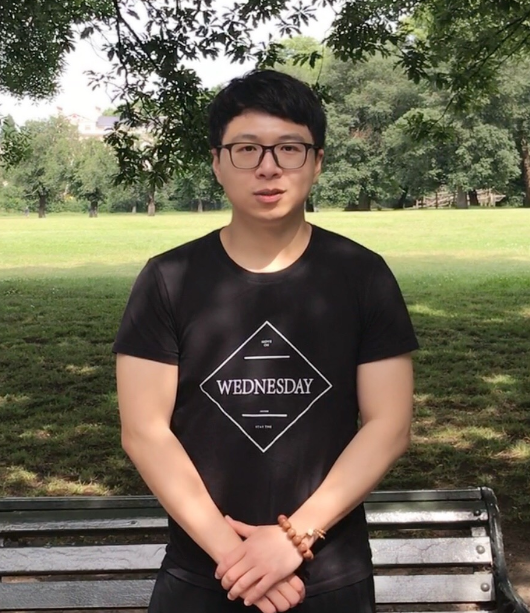 Dr Cheng Lin, Dickson Poon School of Law
Dr Cheng Lin, Dickson Poon School of Law
Thesis: The legal nature of export credit insurance and export credit guarantee: a comparative study between the UK and China.
I feel greatly honoured to be awarded this prize. I would like to thank Prof Özlem Gürses and Prof Eva Lomnicka QC (Hon), my dear supervisors at King’s, for their endless support. I am also grateful to King’s for offering me a generous PhD scholarship and various conference and research allowances. My PhD is a pleasant and unforgettable journey in my life. I enjoyed a number of interesting training courses organised by the Centre for Doctoral Studies, which substantially improved my academic skills. I also benefit from my internship research project at the International Union of Credit & Investment Insurers, where I was able to examine whether the legal theory fits the practice in the real commercial world. For those who are about to submit, I encourage you to keep a health daily routine. Do work hard, but also eat well, sleep sound and get some exercise every day. And always take notes when you come up with some fresh ideas even if they are not directly related to your thesis. Happy research and good luck!
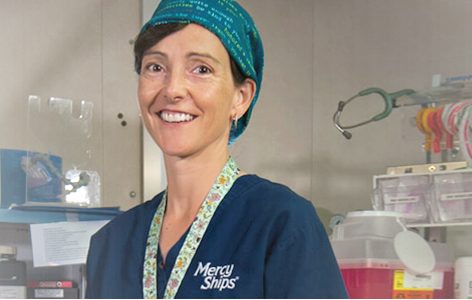 Dr Michelle White, Faculty of Life Sciences & Medicine
Dr Michelle White, Faculty of Life Sciences & Medicine
Thesis: Informing the knowledge gap of implementation of the World Health Organisation Surgical Safety Checklist in sub-Saharan Africa.
I loved every minute of my PhD at King’s and am indebted to my supervisors Dr Andy Leather and Prof Nick Sevdalis for their constant guidance and encouragement. They created an atmosphere that was both intellectually stretching and supportive. For me, writing my thesis was a way to express all that I had discovered and become passionate about over the last three years, which meant it was an enjoyable experience rather than a chore. I would encourage anyone interested in doing a PhD to find subject you love and supervisors who you can connect with – then you will have some of the best years of your life.
Dr Luis Medina, Faculty of Arts & Humanities
Thesis: Where are the Borders? (Re)Imagining the Nation in Contemporary Ecuadorian Literature.
I remember my PhD years at King’s as some of the happiest of my life. I can’t help but smile when I think that I was privileged enough to spend so many hours reading and writing about the literature that I love. One of the most decisive aspects of my doctoral experience was my fantastic supervision team. I’ll be forever grateful to Dr Elisa Sampson Vera Tudela and Professor Catherine Boyle from the Department of Spanish, Portuguese, and Latin American Studies. Their unconditional academic and emotional support helped me to produce a thesis that won three prizes and is already being edited for publication. After receiving my award in August 2020, I held a teaching position at the University of Manchester, and I’m thrilled to share that, from September 2021, I’ll be joining the University of Birmingham on a permanent lectureship in Modern Languages (Spanish).
Dr Emma Kinnaird, Institute of Psychiatry, Psychoology & Neuroscience
Thesis: Beyond the stereotypes: characterising the unique features of underresearched eating disorder populations, and implications for treatment.
I feel incredibly lucky to have spent three years researching a topic that I feel passionate about, supported by two wonderful supervisors who really took time to adjust the project to my strengths and interests. I’m now taking the skills I’ve learned in my PhD and putting them into practice as I train as a clinical psychologist at Oxford University.
Dr Pablo Lopez-Custodio, Faculty of Natural & Mathematical Sciences
Thesis: Design of Reconfigurable and Mobility-Variable Linkages with Singularity Analysis and Kinematic Analysis Using Generated Surfaces
I dedicate this prize, and the thesis itself, to the loving memory of my dad Sigfrido Lopez-Zamudio, who passed away during my first year of PhD in King’s College London. Thank you having been an ever-present inspiration.
Dr Jessica Dafflon, Institute of Psychiatry, Psychology & Neuroscience
Thesis: Machine Learning Methods in Neuroimaging.
I feel honoured and grateful to have been awarded the King’s Outstanding Thesis Prize. I would like to thank the Center for Doctoral Training in Smart Medical Imaging for this opportunity, my PhD advisors Prof. Federico Turkheimer and Dr. Peter Hellyer. But above all, I would like to thank Prof. Robert Leech, Dr. Walter Hugo Lopez Pinaya, and Pedro Carvalho De Paula Ferreira da Costa for the support during the hard times and the brilliant discussions we had. Lastly, I would like to congratulate Thomas Helfer on also winning the King’s Outstanding Thesis Prize and on making my time at King’s College an unforgettable experience.
Dr Thomas Helfer, Faculty of Natural & Mathematical Sciences
Thesis: Exotic Compact Objects in Numerical Relativity.
I am delighted to win this thesis prize, which was only possible with the help of the fantastic people that surrounded me during my Ph.D. journey. They not only helped me foster my passion and love for numerical relativity, but they were also there to share a coffe or beer during the challenging times. Thanks especially to Eugene Lim, my excellent supervisor, who always had time for questions and discussions, and shaped me into the scientist I am today. I would also like to thank Jessica Dafflon for being present during the difficult times and congratulations on also winning the KCL thesis prize.
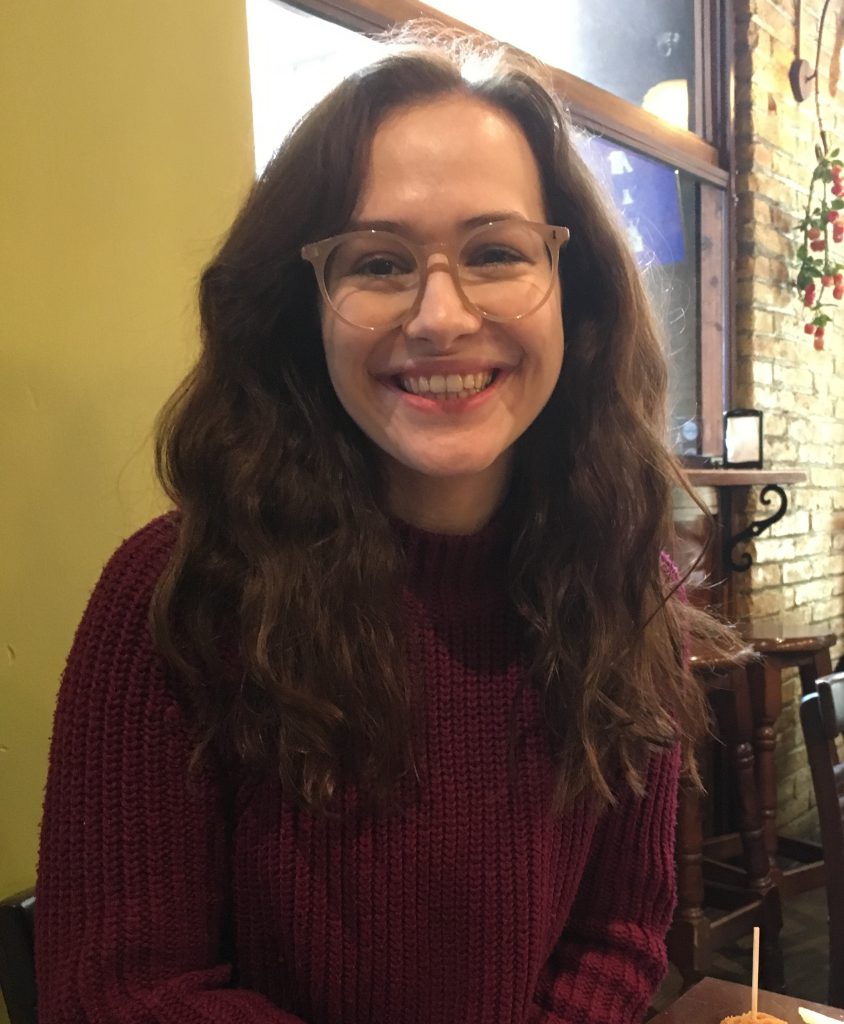 Dr Clemency Jolly, Faculty of Life Sciences & Medicine
Dr Clemency Jolly, Faculty of Life Sciences & Medicine
Thesis: The timing of key events and mutational processes in tumour evolution.
I was really delighted to be nominated for this prize – it feels pretty surreal to write up four years’ work into one thesis, and definitely takes a bit of stamina! I have so many great memories from my time in the lab, where I was working on a project trying to reconstruct the evolutionary history of cancer from genome sequencing data. While I was based at the Francis Crick Institute, I was also affiliated with King’s, and definitely appreciate the great support I received from both during my studies.
Dr Jaffar Khan, Faculty of Life Sciences & Medicine
Thesis: Novel transcatheter electrosurgical laceration of heart valve leaflets to prevent blood flow obstruction from transcatheter heart valve implantation.
I am thrilled to be awarded the Kings’ Outstanding Thesis Prize for my work on novel cardiovascular interventions. It is so unbelievably gratifying knowing that the techniques described in my thesis have already helped treat thousands of patients worldwide.
Dr Cristina Fernandez Turienzo, Faculty of Life Sciences & Medicine
Thesis: Evaluation of the introduction of a midwifery continuity of care model for women at increased risk of preterm birth.
I am delighted to receive this prestigious award in recognition for my PhD work. I will always be in debt to my amazing supervisors Prof Jane Sandall, Prof Andy Shennan and Dr Kirstie Coxon, thesis committee members and many other people within Kings (and outside!) who supported me in one way or another. Thank you also to my examiners for such a positive online PhD viva experience. I have recently received a NIHR DSE award and I am looking forward to enhance my learning of clinical trials in global health.
Dr Tiago Rua, Institute of Psychiatry, Psychology & Neuroscience
Thesis: The economics of implementing new clinical pathways across community and hospital-based care.
As part of my PhD I have tried to bridge the gap between the economics and medical imaging fields by applying health economics methodologies across multiple clinical conditions and imaging modalities. Currently, I am working as a Programme Manager of the Covid-19 Vaccination Programme at Guy’s and St Thomas’ NHS Foundation Trust.
Dr Elisa Bruno, Institute of Psychiatry, Psychology & Neuroscience
Thesis: Wearable non-EEG sensors for seizure detection
My experience at the Institute of Psychiatry, Psychology and Neuroscience, King’s College London, has been fantastic during my PhD, and has helped me to develop professionally in a very inspiring way.
It is a great workplace where I’ve found contagious positivity, enthusiasm and knowledge.
Dr Rosina Matilde, Social Science & Public Policy
Thesis: Deterrence and international migration: The criminalisation of irregular entry and stay in Italy and France.
It’s an honour to be awarded the King’s Outstanding Thesis Prize. I would like to thank all my interviewees, for agreeing to share their knowledge and experiences with me. A special thanks also goes to Professor Simona Talani, and to my examiners Professor Henk Overbeek and Dr Anna Sergi. Since finishing my PhD, I have joined the European Institute at LSE as a fellow, and look forward to continuing my work on migration.
Full list of 2021 winners:
Dr Bryony White, English Language & Literature, A&H
Dr Luis Medina, Latin American Studies, A&H
Dr Jonah Miller, History, A&H
Dr James Rakoczi, English Literature and Medical Humanities, A&H
Dr Vinod Patel, Clinical Dentistry, FoDOC
Dr Tiago Rua, Health Economics, IoPPN
Dr Jessica De Faria Dafflon, Neuroimaging, IoPPN
Dr Emma Kinnaird, Psychological Medicine, IoPPN
Dr Elisa Bruno, Clinical Neuroscience, IoPPN
Dr Clemency Jolly, Cancer Genetics, FoLSM
Dr Jaffar Khan, Cardiovascular Sciences, FoLSM
Dr Cristina Fernandez Turienzo, Women and Children’s Health, FoLSM
Dr Michelle White, Surgery (Global Health and Implementation Science), FoLSM
Dr Thomas Helfer, Physics, NMS
Dr Pablo Lopez-Custodio, Kinematics, NMS
Dr Kristina Kubiliute, Mathematics, NMS
Dr Matilde Rosina, International Political Economy, SSPP
Dr Adam Day, War Studies, SSPP
Dr Rajan Basra, War Studies, SSPP
Dr Cheng Lin, Law, DPSoL
About the awards
Each King’s Outstanding Thesis Prize winner is awarded £250 and receives a certificate endorsed by the Principal.
